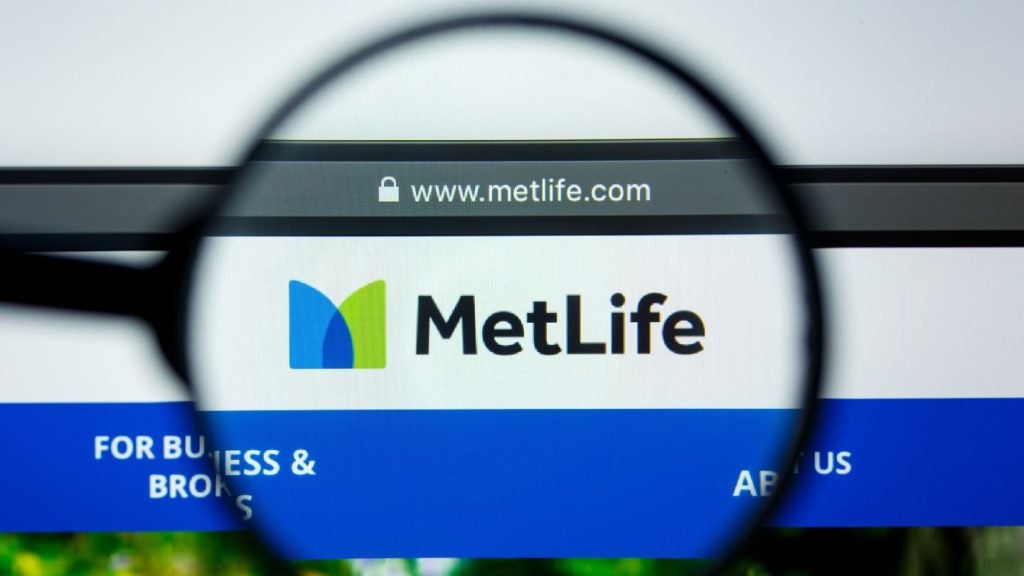
Just 2% of gig economy workers have access to life insurance, income protection and critical illness insurance via their gig company, according to research by Zurich UK.
As part of Zurich UK’s ‘Restless Worklife’ report, UK-wide analysis from YouGov of over 4,200 adults, of which 603 were gig workers, found that the majority of gig workers would have to rely entirely on their own financial back-up should they become unable to work through illness or injury.
Looking at employee benefits in the broadest terms, over half (53%) do not receive any benefits from their gig company.
In terms of how people would protect themselves, should they lose their regular income for three months or more, almost a third (29%) said they would rely on state benefits, 16% would feel compelled to sell personal possessions, and 19% of people would be dependent on their parents for financial support.
Respondents to the YouGov survey were asked to imagine they worked in a role which paid them the minimum wage, without paid leave or other benefits, and to imagine they could have access to benefits for a 5% deduction in their minimum wage income.
The results showed a desire for protection: 28% said they would if they could access sick pay, 14% for income protection, 12% for critical illness and 8% for life insurance. Even on basic pay, hypothetically speaking, people show a willingness to give up a portion of their income if it means they would be financially protected.

US Tariffs are shifting - will you react or anticipate?
Don’t let policy changes catch you off guard. Stay proactive with real-time data and expert analysis.
By GlobalDataA Government-commissioned review of employment practices led by Matthew Taylor, recommended a new status for gig workers as ‘dependent contractors’, an alternative worker status that would require gig companies to treat those who worked for them as employees – allowing them access to the same workplace benefits.
The Work and Pensions Select Committee and the Business Select Committee have also announced that a draft Bill has been drawn up which would make ‘gig’ companies pay holiday and sick pay, realising that the labour market is “not working for everyone”.
Peter Hamilton, head of retail propositions at Zurich UK, said: “We are seeing more and more people opt to hold down a number of different jobs because of the flexibility that brings, but for others there is no choice.
“Either way, it currently means sacrificing protection and financial security that is typically offered through the workplace, and this protection is all the more crucial if so-called ‘gig’ workers face having to work for longer in retirement to support themselves.
“Immediate, short-term security is as important as long-term savings, but if just 2% have access to any of life Insurance, income protection or critical illness Insurance via their gig company, we’re facing a bigger protection gap than we realised. Gig workers are clearly prepared to sacrifice a percentage of their salary to secure these benefits, so we now need to ensure the products and support are available in the first place.”
Zurich’s key recommendations to reduce the risk of a gig economy long-term savings and protection crisis are:
- Expand auto-enrolment to the self-employed via the self-assessment tax return process. Employee contributions to be initially set at 4%, increasing to 8% when appropriate to avoid triggering a mass ‘opt-out’
- Commission a Government review of employment and working practices for older gig workers: Gig workers – along with regular employees – will be forced to work longer before they can afford to retire.
- Introduce financial incentives for gig companies to offer income protection. The Government should consider tax or national insurance incentives to encourage the provision of Income Protection within the workplace
- More financial education from gig companies to increase awareness among workers of existing savings and protection products
- Greater innovation from the insurance industry to develop more flexible savings and protection products for workers that reflect their working patterns.







